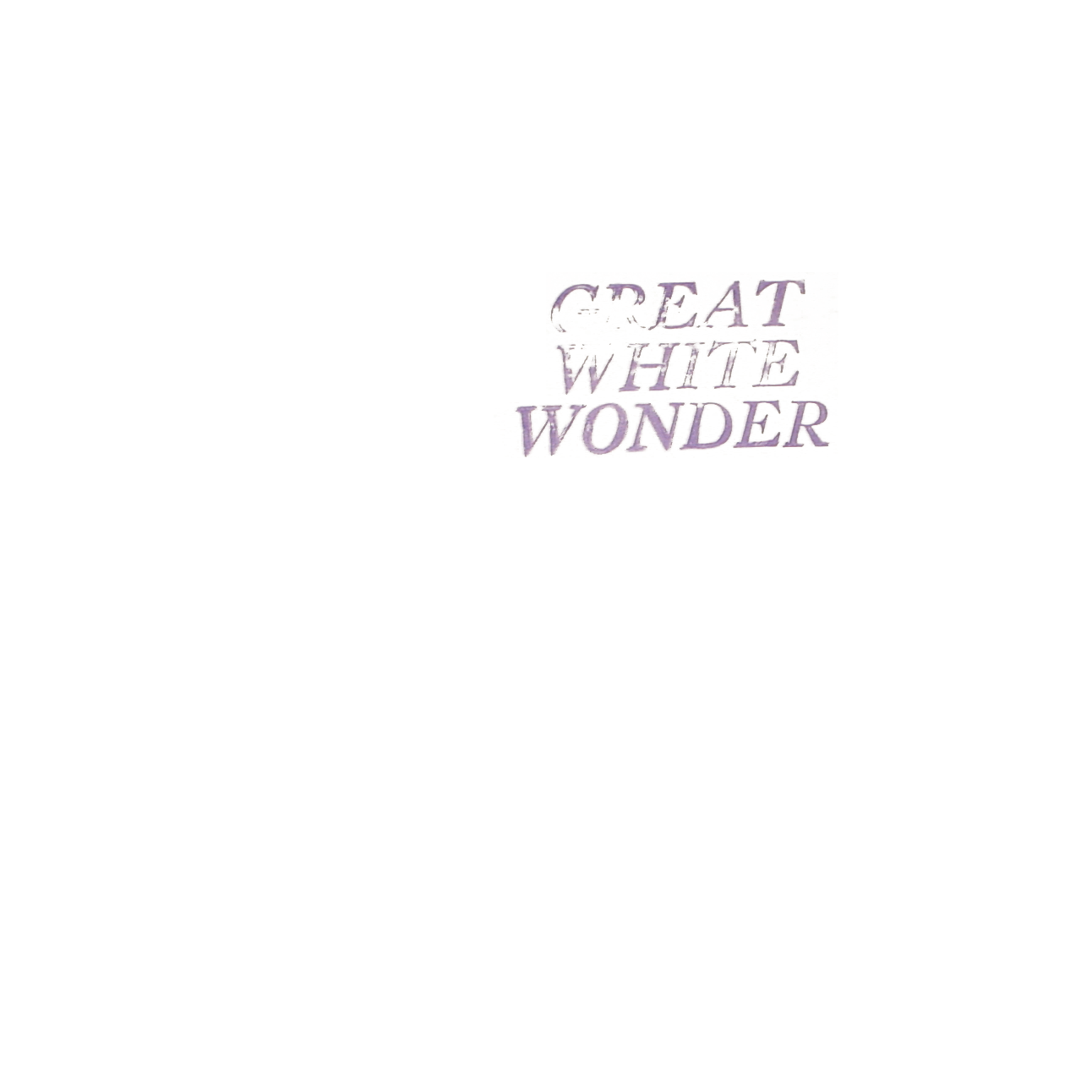
Bootleg recording
A bootleg recording is an audio or video recording of a performance not officially released by the artist or under other legal authority. Making and distributing such recordings is known as bootlegging. Recordings may be copied and traded among fans without financial exchange, but some bootleggers have sold recordings for profit, sometimes by adding professional-quality sound engineering and packaging to the raw material. Bootlegs usually consist of unreleased studio recordings, live performances or interviews without the quality control of official releases.
Bootlegs reached new popularity with Bob Dylan's Great White Wonder, a compilation of studio outtakes and demos released in 1969 using low-priority pressing plants. The following year, the Rolling Stones' Live'r Than You'll Ever Be, an audience recording of a late 1969 show, received a positive review in Rolling Stone. Subsequent bootlegs became more sophisticated in packaging, particularly the Trademark of Quality label with William Stout's cover artwork. Compact disc bootlegs first appeared in the 1980s, and Internet distribution became increasingly popular in the 1990s.
Changing technologies have affected the recording, distribution, and profitability of the bootlegging industry. The copyrights for the music and the right to authorise recordings often reside with the artist, according to several international copyright treaties. The recording, trading and sale of bootlegs continues to thrive, even as artists and record companies release official alternatives.
History[edit]
Pre-1960s[edit]
According to the enthusiast and author Clinton Heylin, the concept of a bootleg record can be traced back to the days of William Shakespeare, when unofficial transcripts of his plays would be published.[12] At that time, society was not particularly interested in who had authored a work. The "cult of authorship" was established in the 19th century, resulting in the first Berne Convention in 1886 to cover copyright. The US did not agree to the original terms, resulting in many "piratical reprints" of sheet music being published there by the end of the century.[13]
Film soundtracks were often bootlegged. If the officially released soundtrack had been re-recorded with a house orchestra, there would be demand for the original audio recording taken directly from the film. One example was a bootleg of Judy Garland performing Annie Get Your Gun (1950), before Betty Hutton replaced her early in production, but after a full soundtrack had been recorded.[14] The Recording Industry Association of America objected to unauthorised releases and attempted several raids on production.[15] The Wagern-Nichols Home Recordist Guild recorded numerous performances at the Metropolitan Opera House, and openly sold them without paying royalties to the writers and performers. The company was sued by the American Broadcasting Company and Columbia Records (whom at the time held the official rights to recordings made at the opera house), who obtained a court injunction against producing the record.[16]